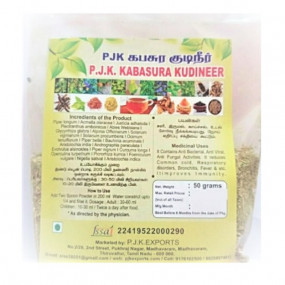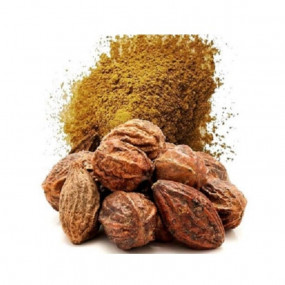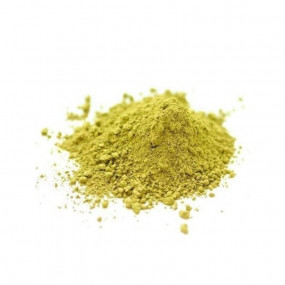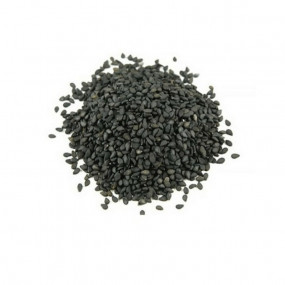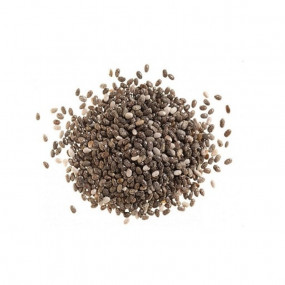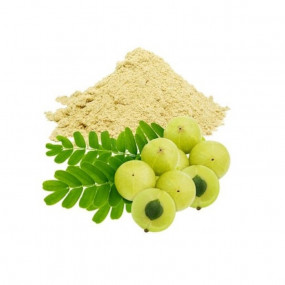Flax is a food and
fiber crop that came from Southern Europe and Asia. Flaxseeds are the golden
yellow to reddish brown seeds of flax. These seeds contain phytoestrogens,
which are similar to the hormoneestrogen. The seeds also contain soluble fiber and oil. Flaxseed oil contains the essential omega-3 fatty
acid alpha-linolenic acid (ALA). Flaxseed has been eaten as a food or used as a
medicine since 5000 BC.
Flaxseed is a good
source of dietary fiber and omega-3 fatty acids. The fiber in flaxseed is found
primarily in the seed coat. Taken before a meal, flaxseed fiber seems to make
people feel less hungry, so that they might eat less food. Researchers believe
this fiber binds with cholesterol in the intestine and prevents it from being absorbed.
Flaxseed also seems to make platelets, the blood cells involved in clotting,
less sticky. Overall, flaxseed’s effects on cholesterol and blood clotting may
lower the risk of “hardening of the arteries” (atherosclerosis).
Flaxseed is sometimes tried for cancer because it
is broken down by the body into chemicals called “lignans.” Lignans are similar
to the female hormone estrogen - so similar, in fact, that they compete with
estrogen for a part in certain chemical reactions. As a result, natural estrogens
seem to become less powerful in the body. Some researchers believe that lignans
may be able to slow down the progress of certain breast cancers and other types
of cancers that need estrogen to thrive.
For systemic lupus erythematosus (SLE), flaxseed
is thought to improve kidney function by decreasing the thickness of blood,
reducing cholesterol levels, and reducing swelling.
- Diabetes. Taking flaxseed might improve blood sugar control
in people with type 2
diabetes. Benefits seem to be greatest with whole flaxseed and
when used for at least 12 weeks. Flaxseed also seems to work best in
people with type 2
diabetes that is not well controlled.
- High cholesterol. Taking flaxseed by mouth seems
to help reduce total
cholesterol and low-density lipoprotein (LDL or
"bad") cholesterol. It seems to work the best in people with
high cholesterol. It might also work for people with normal cholesterol
levels. It's unclear if taking flaxseed improves triglyceride
levels. Taking flaxseed doesn't seem to improve high-density
lipoprotein (HDL or "good") cholesterol
levels.
- High blood
pressure. Taking flaxseed may slightly reduce blood
pressure in people with high blood
pressure. But it's unclear which form or dose of flaxseed works
best.
- Breast pain (mastalgia). Eating a flaxseed muffin daily for 3
months or taking flaxseed powder daily for 2 months seems to reduce breast
pain that occurs at the start of the menstrual
cycle.
- Obesity. Flaxseed may help reduce body weight, body mass
index (BMI), and waist size in adults who are overweight or
obese. Taking at least 30 grams of flaxseed per day for at least 12 weeks
seems to work best.



